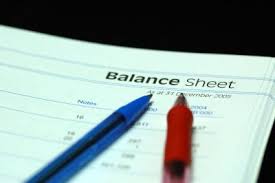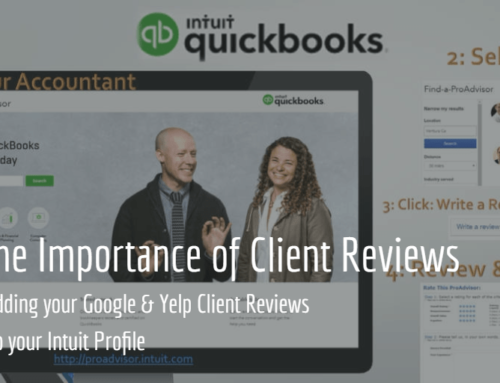
Balancing the Balance Sheet:
Is Yours helping or hurting?
For an accountant, a small business balance sheet can many times come down to decisions between the lesser of two evils. The QuickBooks newbie, excel sheet tinkerer, and shoe box receipt hoarder generally have very little to no concept of the importance of a balance sheet and, by the information presented on their annual tax return, it shows. Sadly, the accounting on the tax return can also show the tax preparer does not think much of the balance sheet either. This is where the tough decisions happen.
When taking on a new bookkeeping client one of the first things we like to do is run the balance sheet from the prior year tax return past a qualified CPA to see if it is clean and done correctly, or a wreck that will never be salvaged. “But these are just numbers; surely they can be corrected, with the right amount of time.” Sure, but accounting 101 tells us crunching those numbers must be cost effective. Altering the balance sheet could mean tax return amendments, hours of discovery and correction work and money, money, money.
To avoid discussing in great length the pitfalls of a disheveled balance sheet, let’s just say a bad balance sheet is like a financial black hole for a small business, information goes in but nothing comes back out.. When we on-board a new client with balance sheet issues one of the paramount decisions we face is “Fix it, or make the best of it?” Some times our decision ends in handing a client a letter to sign acknowledging that their balance sheet is not going to be perfect, ever. The moral of this story from one of the, not so noble, areas of the accounting world is this, find an accounting company that is excited about your balance sheet, yes excited! Your accountant should be as excited about you taking an interest in your balance sheet as they are about going to Disneyland. See how that effects your bottom line.





